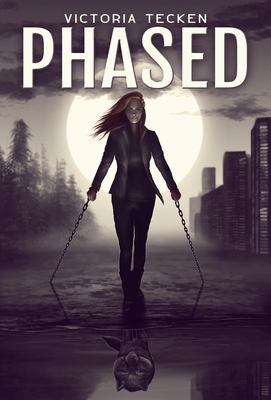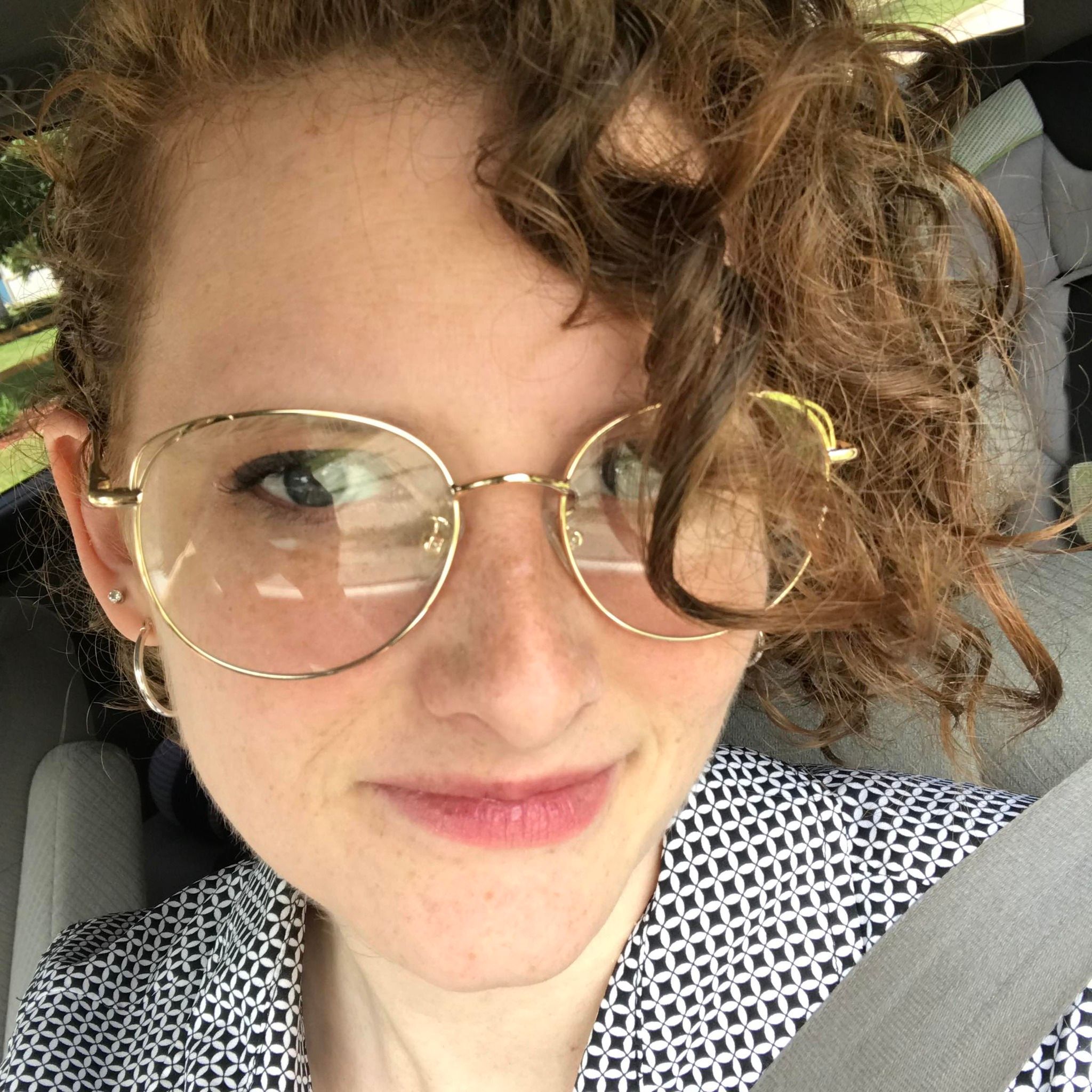Exploring PTSD and Trauma in Phased - Victoria Tecken
26 Sept 2023Writing about PTSD within the pages of a book feels safer. It allows me to hand it to the characters, to explore through their eyes what I don’t always have the words to express. Writing it here, where I am speaking directly, feels like walking a tight rope wire without a safety net. No matter how many times I say the words out loud, in my head, or on a piece of paper, there will always be that edge. It’s the unspoken acknowledgement of what is carried.
As a young kid, I spent countless hours storytelling. I built cities out of blocks, waged massive scale warfare across multiple rooms of the basement, and delved into the deep corners of the main characters’ hearts. As I grew older, those stories traveled into a new medium when I discovered writing. I became a child author at the age of 14 and spent the next five years traveling, speaking at conferences, and selling over 10,000 copies of my books. I was a success story.
Behind the scenes, trauma held up a constant mirror that I was desperately trying to outrun, and by the time I reached college, I was burned out.
In writing Phased, I never set out to write a book about PTSD or mental illness. When I started tinkering away at the keyboard in the summer of 2019, it was the first time in over ten years that I’d delved back into fiction after my career as a child author. I started writing a book about werewolves because I wanted to challenge some of the tropes I had seen and disliked in supernatural fiction. Slowly, two characters began coming to life on the pages, and their story quickly became much more than challenging a few tropes. I was discovering and speaking with a voice I’d forgotten I had.

The characters were able to reach out and pick up the hard stuff and carry it into a different world where I could try and make some sense of it. Once again, writing became a haven. I realized that publishing this story would be vulnerable, and I spent a lot of time thinking through whether I was ready to put something like this out in the public sphere.
Writing is an inherently vulnerable craft. You can tell a lot about a person based on the stories they tell, and I think that’s why we establish such powerful emotional connections when we read. Even if you’re not pouring your life story into the pages, it’s still a world and characters that you created and loved, and that by itself is vulnerable enough.
Including personal experiences with PTSD and other mental illnesses within the pages of a story adds a whole new layer of complexity. I think it can be easy to try and encapsulate these illnesses and disorders, but everyone’s experience with them is unique and individual. I went into the story leaning on my own experiences and hoping to create a space for others to feel seen. I see it as less of an exploration of PTSD, and instead as a channel for my own personal experience with the disorder. I’m only one person, so I can’t claim to represent PTSD as a whole.
I also tried to be intentional about how I was portraying the scenes where PTSD comes front and center. I wanted Phased to be the story of survivorhood, not victimhood. I wanted to create deeply nuanced characters who suffered from PTSD, but who were not wholly defined by it. One of the biggest pet peeves I have when reading is seeing characters go through a traumatic event that does not affect them moving forward in the story. If the disorder or trauma is being utilized only for shock value, it is a disservice to the reality that survivors face.
With two main characters, I was also able to delve into the reality that two people can go through similar or the same traumas and cope in different ways. Oftentimes I think society expects recovery, healing, and symptoms to look a specific way, when in fact it can differ wildly depending on the person.
For me, writing PTSD or any other mental illness comes down to three things.
First, be intentional. Know what you intend to include
and why you want it to be an element of the story. Mental illness is not a
gimmick.
Second, there’s no need to sensationalize disorders or traumas that
are already stigmatized or misunderstood. Reality is wild enough.
And thirdly,
don’t define your characters solely based on disorder or trauma. Give them
nuance, depth, and a voice beyond that one aspect of their lives.
Phased will always be incredibly important to me, and I am proud of what I accomplished in those pages. It was an integral part of the healing I’ve done over the past few years, and Val and Lyla carried the weight with me, giving me a voice to explore my experiences. Through it all, they took on a life of their own. At the end of the day, I want to tell a good story, with good characters that resonate with the readers, regardless of the experience that each individual reader brings.
About the author

Hey friends! I’m Tori. When I was a little sprout my epic fantasy storytelling involved small pirate and animal figurines who would brutally invade peaceful lego villages. Inspired early on by the powerful storytelling of writers like Jack London, Brian Jacques, and Francine Rivers, I was obsessed with characters I couldn’t get out of my head and the possibility of worlds undiscovered.
After writing a few books, being a self-published author starting at age 14, and teaching at Young Writers’ Conferences for a few years, I went to college. I married the weirdest boy I’d ever met. We now have three small humans of our own who are just as weird as we are, but much more wonderful.
Today, I’m a wife and a stay-at-home mom, but I’m still a storyteller. I write beneath the supervision of two feline overlords in a chair that is older than I am. And I wouldn’t have it any other way. Pull up a chair and join the chaos. I hope you find a world here that you can’t wait to go back to.
